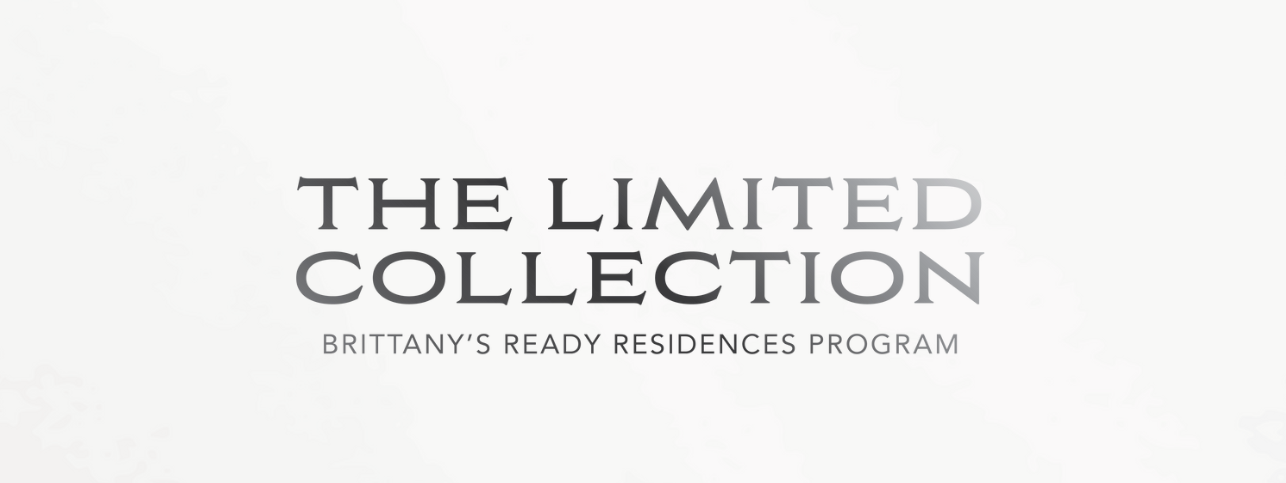BLOGS
Decoding Credit Investigation and Its Meaning
Lenders, financial institution, and credit reporting agencies all use credit investigations, also called credit checks or credit inquiries, to evaluate the creditworthiness of potential borrowers.
Examining an applicant’s financial obligation and credit history in detail to gauge the potential danger of granting credit. Examining the applicant’s payment history, confirming their income and employment, determining their debt-to-income ratio, and thinking about their credit score are all essential for a credit inquiry.
Lending decisions, such as whether or not to approve a loan application, the terms and conditions of the credit offer, and the interest rate allocated, are profoundly impacted by the findings of this study. A good credit record is essential to get credit approval on favorable terms during credit checks. A loan application may be declined, or the terms may be less favorable if a credit check reveals unfavorable information.
What Does Credit Investigation Mean?
A credit investigation is the examination of a person’s or a company’s financial standing and track record in order to ascertain whether or not they are reliable borrowers. Financial companies and credit bureaus often check loan applicants” credit histories before deciding whether to provide them credit like loans, credit cards, or mortgages.
Credit reports are obtained by lenders and describe the applicant’s credit accounts, payment history, outstanding debts, and other financial facts from one or more banks or credit reporting organizations.
Creditworthiness is commonly represented numerically by a credit score, which is derived from data in a credit report. A better credit score is usually indicative of a reduced risk.

Loan applications can derail when lenders can’t verify the applicant’s income.
The applicant’s ability to make new debt payments and repay them is measured by their debt-to-income ratio (DTI).
-
Employment and Stability:
In doing a credit check, a lender may look at a candidate’s job record and stability.
The applicant and employer’s credit history is reviewed for red flags, including missed payments, defaults, or bankruptcies.
Because different kinds of loans have different prerequisites and eligibility standards, the reason the person is for the loan is considered.
What is a credit report?
A credit report details a person’s or company’s finances and credit history. Equifax, Experian, and TransUnion produce and store this data. This report includes name, address, SSN, credit accounts (credit cards, loans, mortgages), payment history, credit limit, outstanding amounts, and negative information like late payments, collections, and bankruptcies.
Lenders and creditors use credit reports to determine whether or not to give credit to an applicant. Loan terms and interest rates may be improved and/or lowered if a borrower has a history of making payments on time and using credit responsibly. If you want to keep your credit score in excellent shape, you should check it often for any signs of inaccuracy or identity theft.
Credit Investigation Questionnaire and Process in the Philippines: 9 Questions to Expect
In the Philippines, applying for a loan often involves a credit investigation questionnaire and a specific process for assessing an individual financial institution’s creditworthiness. Here are nine common questions to expect during the credit investigation process:
- You’ll need to provide private facts such as your name, birthday, address, phone number, and Social Security or Tax ID number.
- Expect to be asked about your present and prior places of employment, including the names, addresses, and phone numbers of everyone involved.
- Lenders will enquire about your income, employment history, and financial assets. They may ask for documentation such as pay stubs or bank statements.
- Rent or mortgage, utilities, and any other regular outlays of money should be included on your application.
- You will be asked to disclose any current debts you have, such as loans, credit card bills, or other monetary commitments.
- Whether the loan is for a vehicle, a house, schooling, or something else, it’s important to know why you need the money.
- Lenders will want to know about any missed payments, defaults, or bankruptcies you’ve had.
- Explain what you plan to use as collateral for the loan if required.
- Lenders may ask for character references from people they know and trust.

One Step At A Time – A step by step guide to house financing
- Start by taking an honest look at your financial status. Determine how much of your monthly revenue is available after paying your fixed monthly bills and any outstanding obligations.
- Obtain a copy of your credit report and evaluate your credit score. Better mortgage conditions may be available to those with solid credit histories.
- Make a plan to save for a down payment and other closing expenses and stick to it. Private mortgage insurance (PMI) may be avoided in most cases with a 20% down payment.
- Get pre-approved by a mortgage lender before you start house hunting. Having a solid budget can give you more leverage when making bids on houses.
- You should look for a property that meets your needs and is priced reasonably. Think about where it is, how big it is, and what services it offers. To expedite the search, you should hire a real estate agent.
- Once you have located a suitable dwelling, it is time to negotiate the price with the seller and submit a formal offer.
- Schedule a home inspection to find out about any problems with the house.
- Fill out a mortgage application with your preferred mortgage provider. Please provide the necessary financial paperwork.
- Lenders often order house valuations to ensure the loan amount is commensurate with the value of the collateral.
- Lender underwriting and approval include checking your credit report, employment history, and property value estimates. A loan promise is sent if your application is accepted.
- Closing entails completing the loan’s final paperwork and paying any associated closing charges. Always ask questions if anything is unclear.
- Lenders often insist that you have homeowner’s insurance, so it’s a good idea to get some.
- Before signing any paperwork, it’s important to do one last review of the property to ensure everything is as it should be.
- At the closing, you will sign the mortgage contract and the title to the home. Change who the legal owner of the property is.
- Congratulations on becoming a homeowner as you prepare to move in! Start making the most of your new home by actually living there.

When considering house financing with Brittany Corporation or any real estate developer in the Philippines, here are some general steps to follow:
Visit Their Website: Explore Brittany Corporation’s official website to access and find information about their current residential projects, available house models, and financing options.
Contact Their Sales Team: Reach out to their sales service representatives or visit their sales offices to inquire about the financing plans they offer for their house and lot packages. They can provide details about down payment requirements, loan options, and terms.
Understand Financing Options: Ask about the financing options available, including bank financing, in-house financing, or partnerships with mortgage institutions. Please note: Each option may have different terms and eligibility criteria.
Pre-Qualification: If you’re interested in a particular property, you may need to undergo pre-qualification, which involves providing financial information to determine your eligibility for financing.
Loan Application: If you choose to finance your house purchase, you must complete a loan application with the chosen financial institution, whether it’s a bank or Brittany Corporation’s in-house financing.
Credit Investigation: The financial institution will conduct a credit investigation to assess your creditworthiness, which includes reviewing your credit history, income, and other financial factors.
Loan Approval and Documentation: Upon approval, you must complete the necessary documentation, including signing the loan agreement form and other legal paperwork.
Payment Terms: Familiarize yourself with all the details of payment terms, including the down payment, monthly amortization, and applicable interest rates.
Home Purchase: Once the financing is in place and all required payments are made, you can proceed with the purchase of your chosen house from Brittany Corporation.
Suggested Read: Top List of Credit Card with Lounge Access for Airports in PH
Suggested Read: What Are The Different Real Estate Financing Options
Suggested Read: How To Maintain A Good Credit Score
Suggested Read: 2023 Best Credit Card in the Philippines
Suggested Read: ‘BBB’ Credit Rating: Everything To Know















